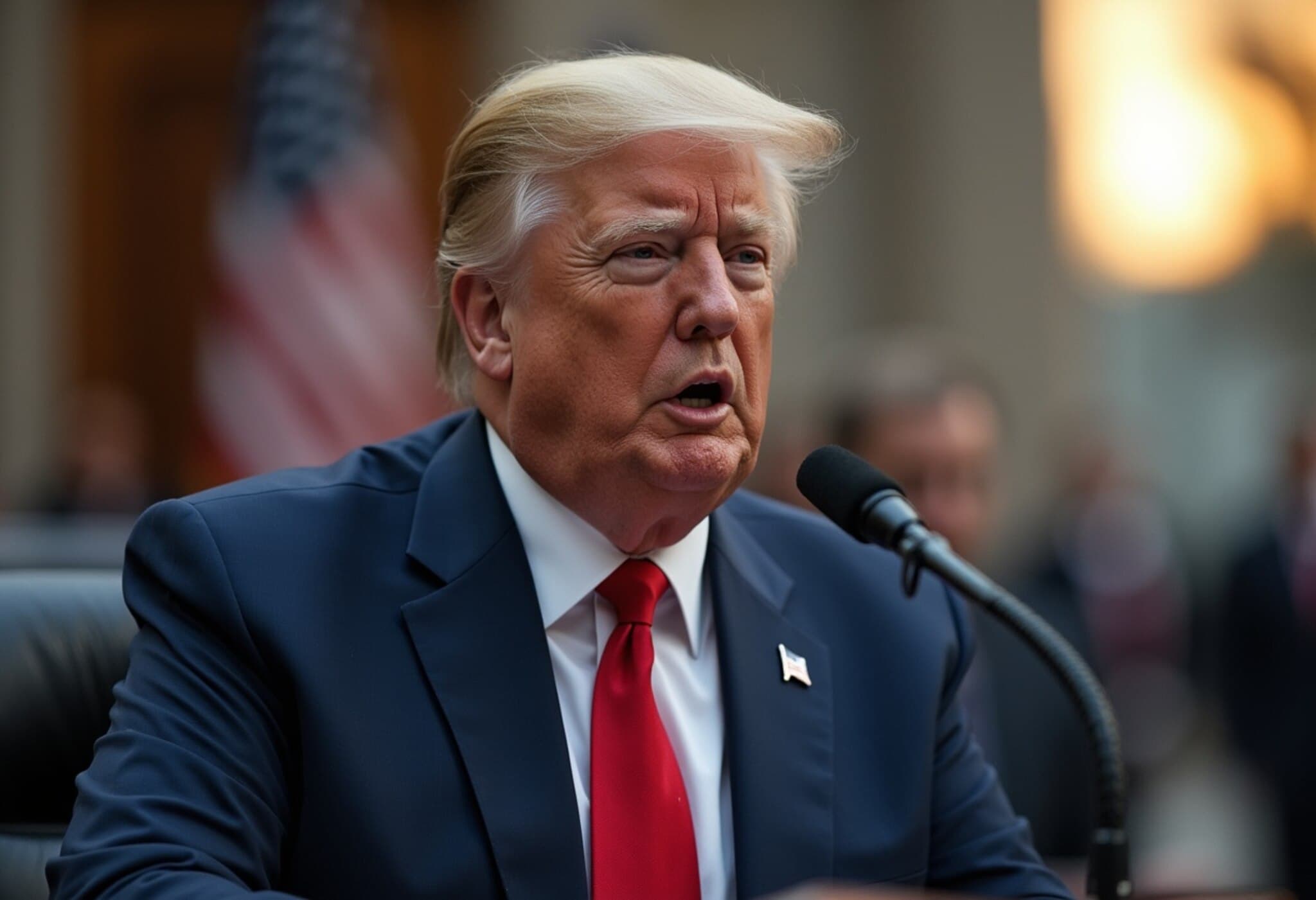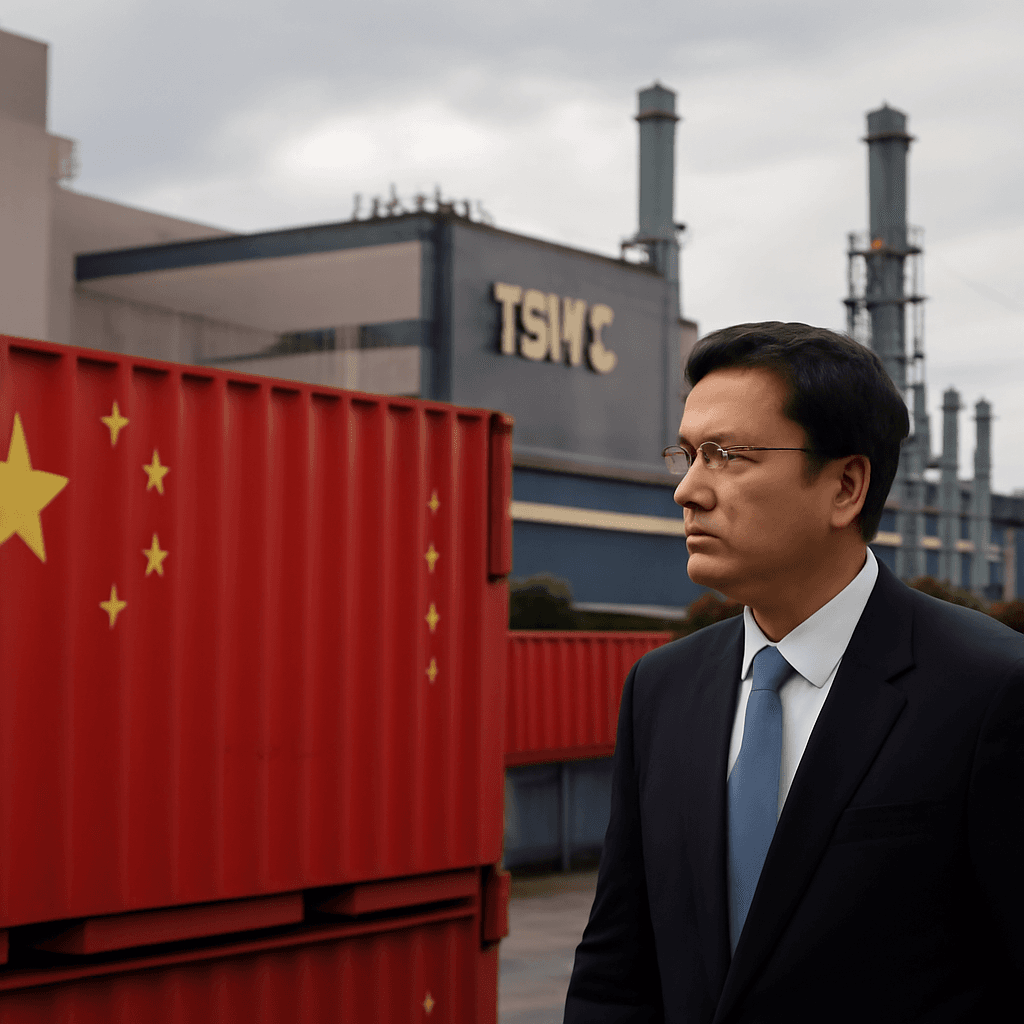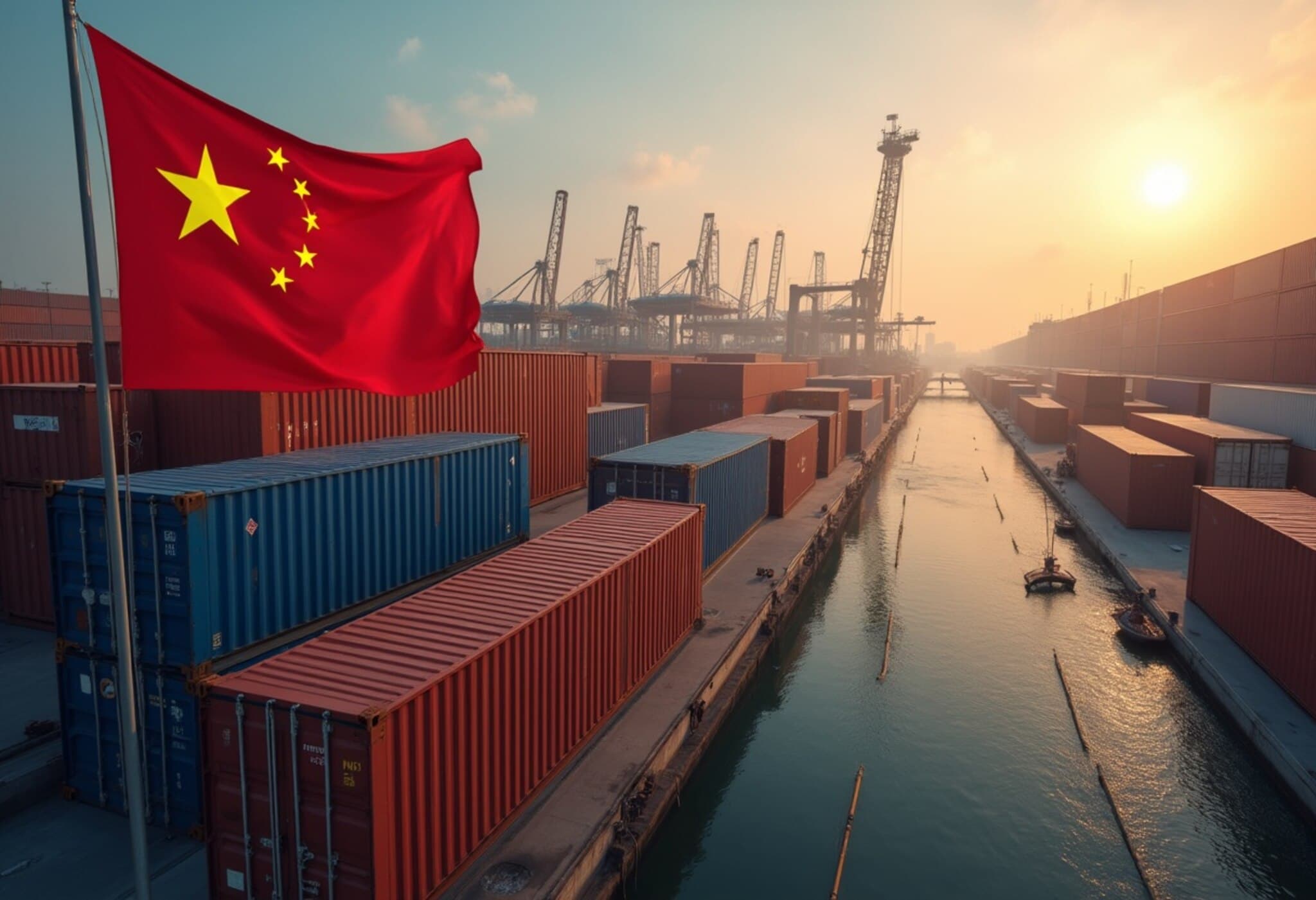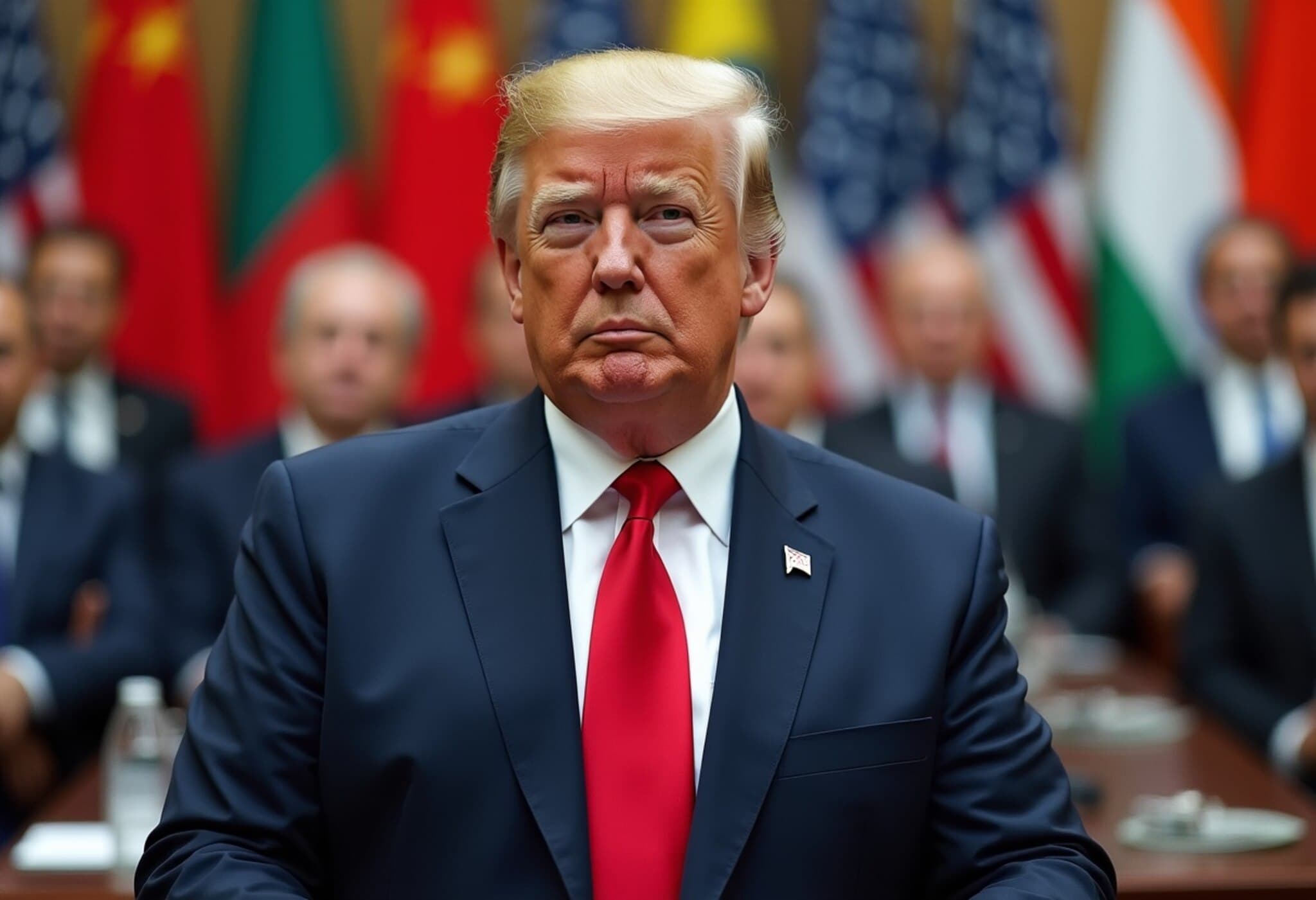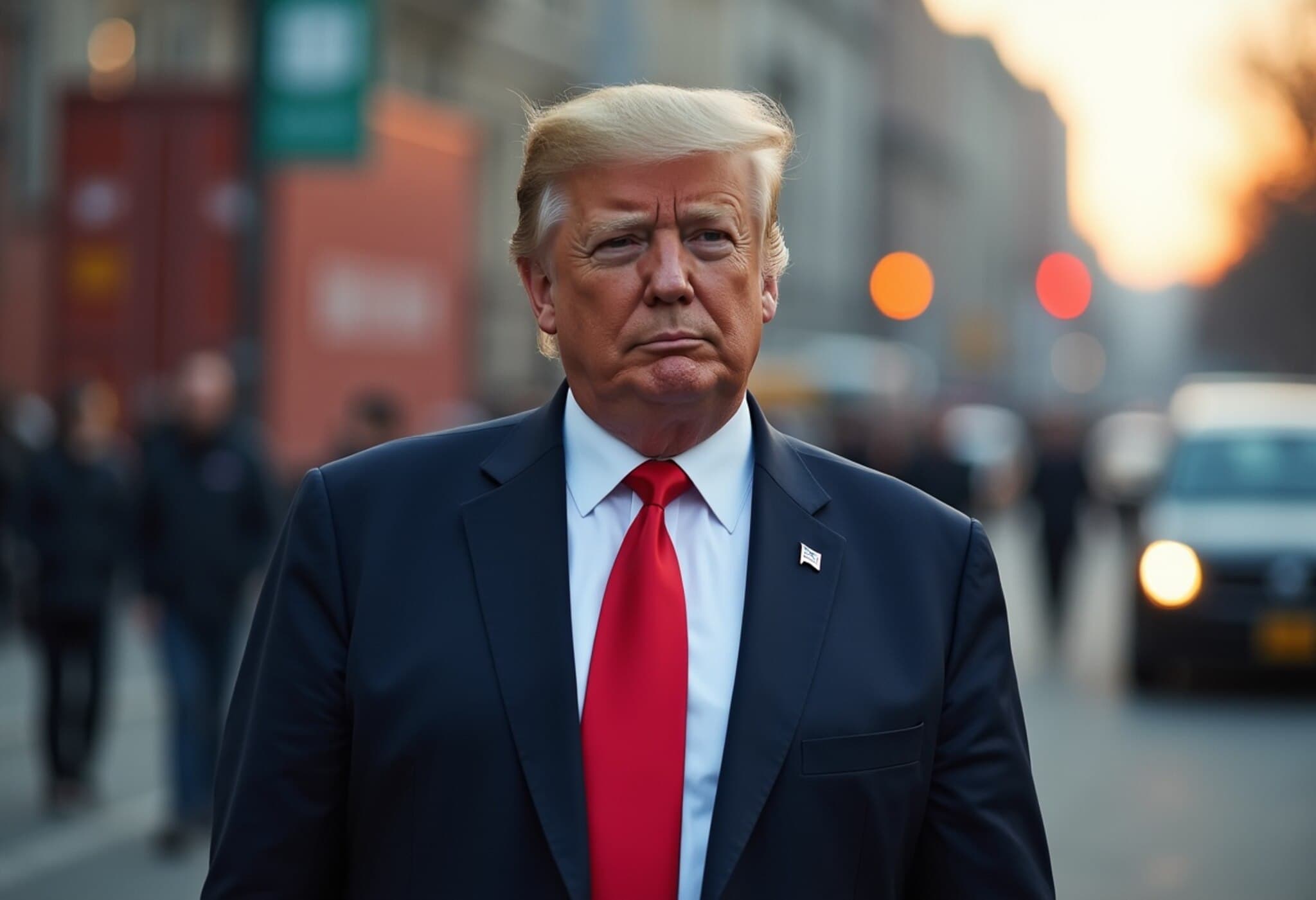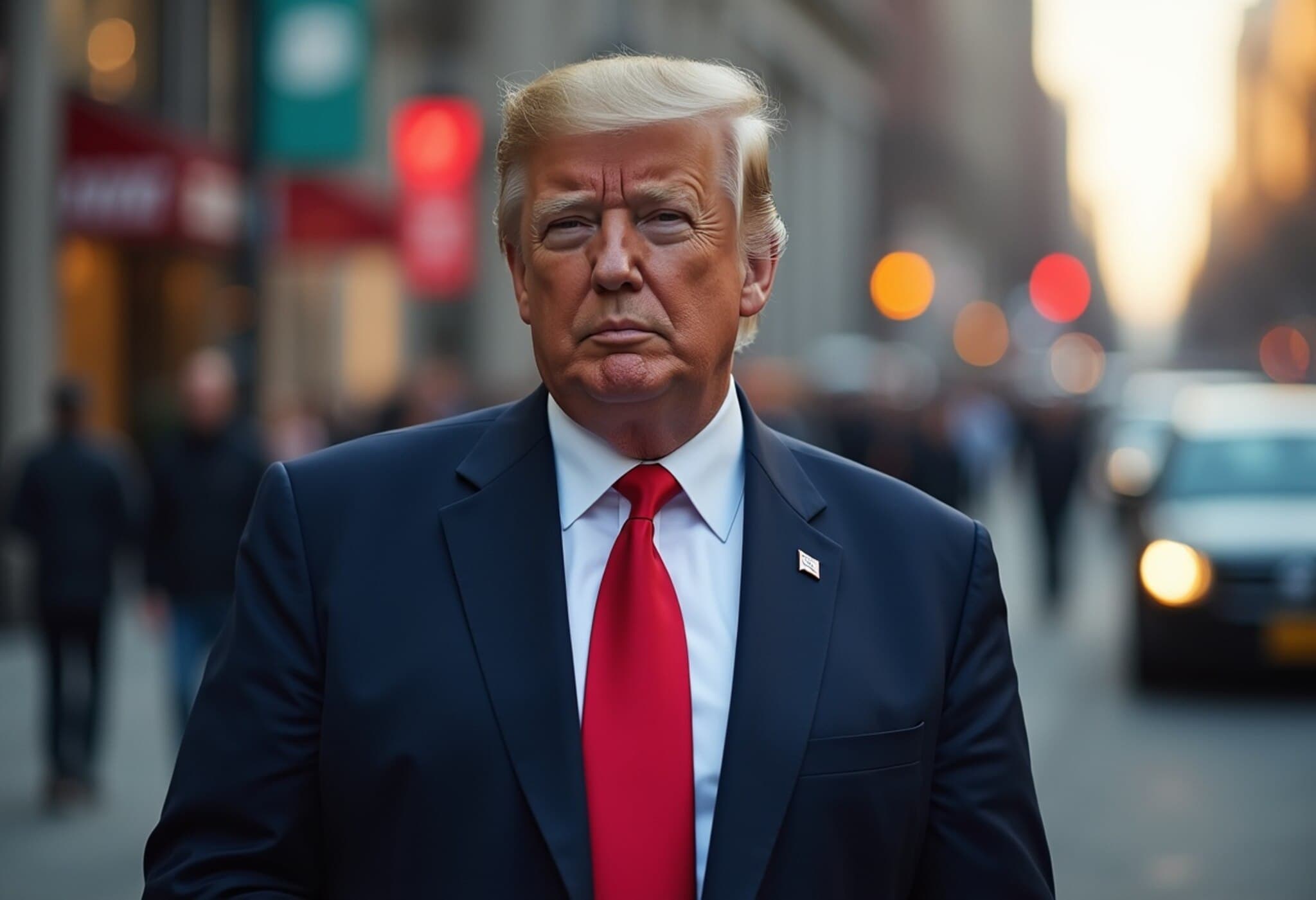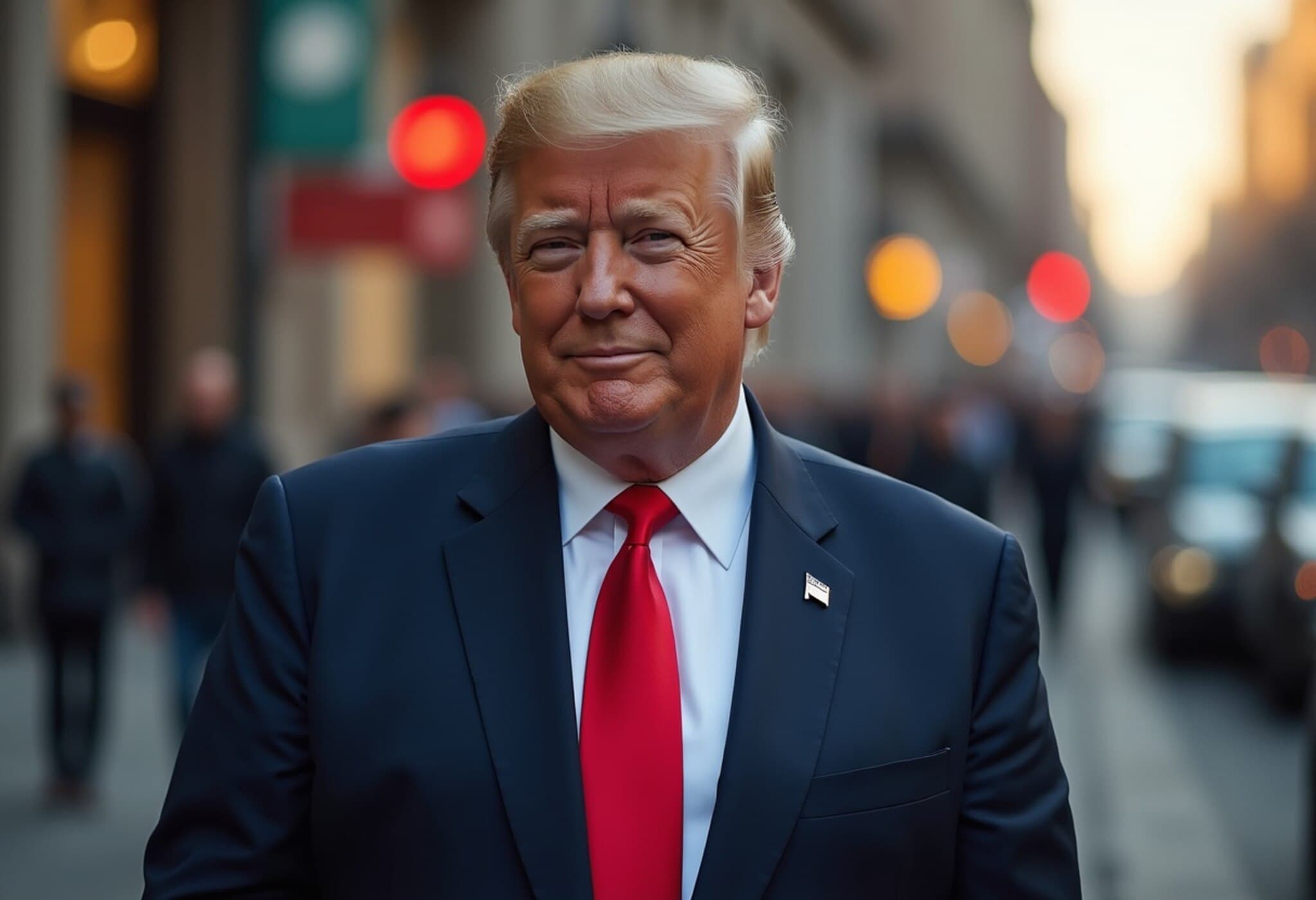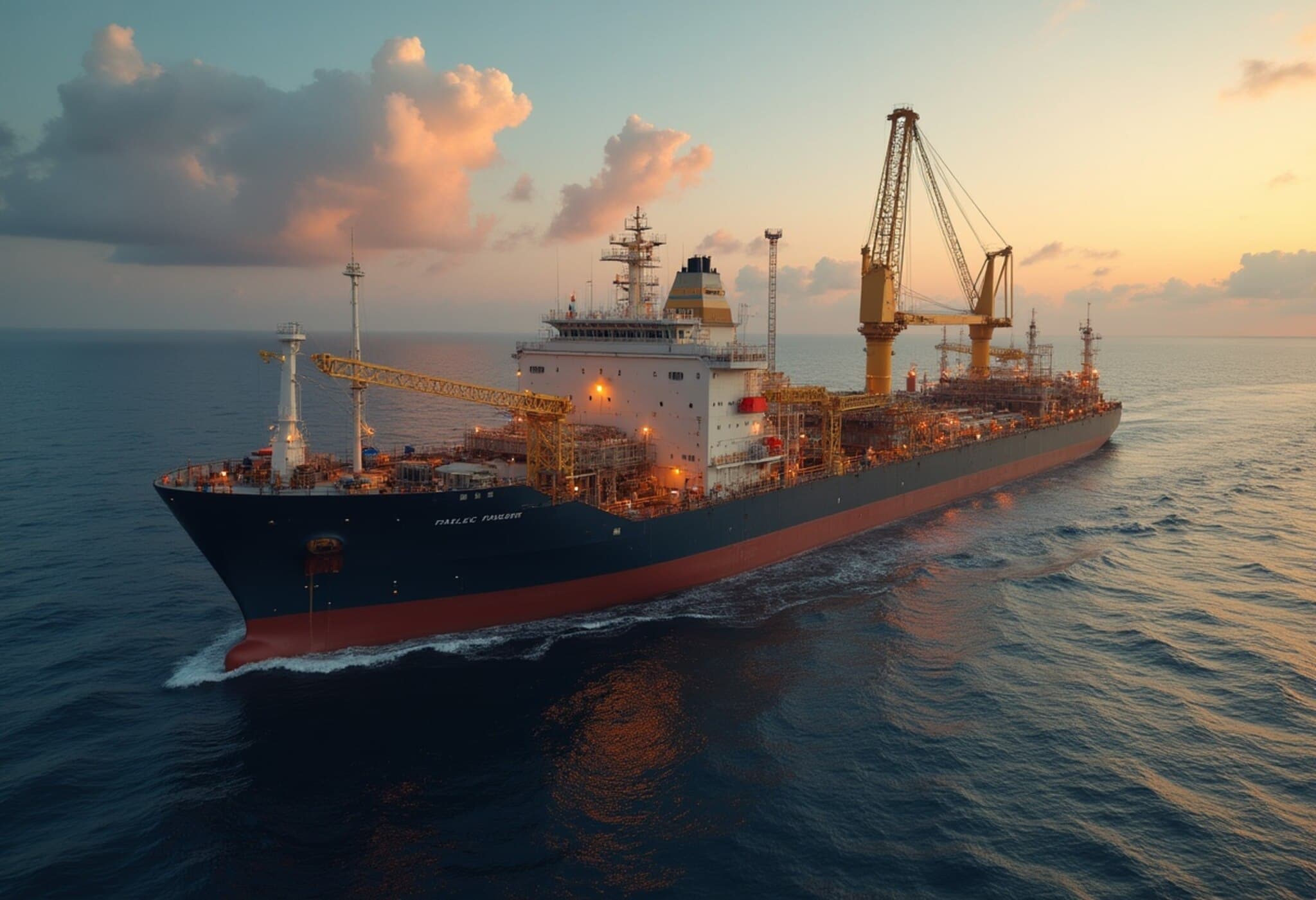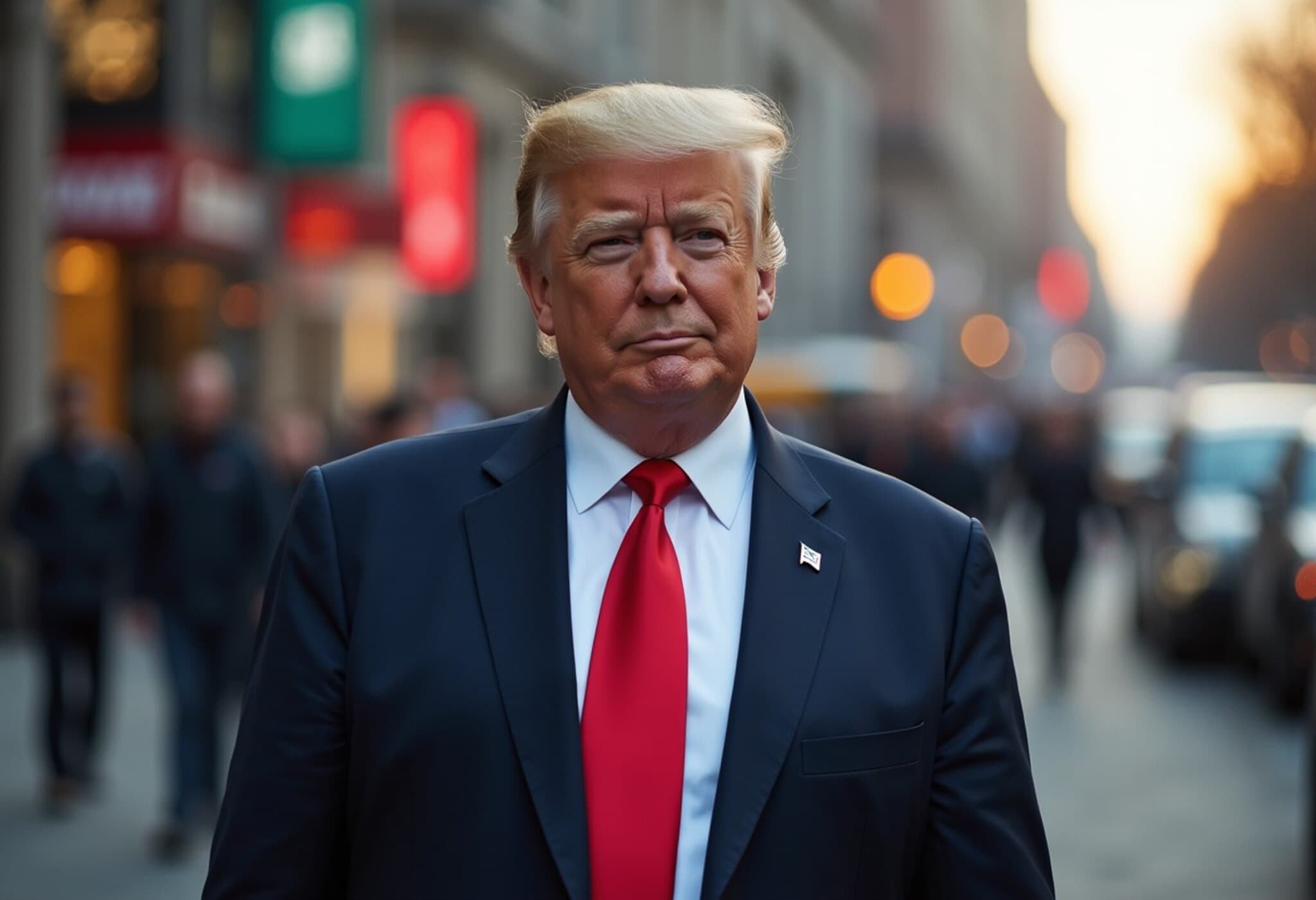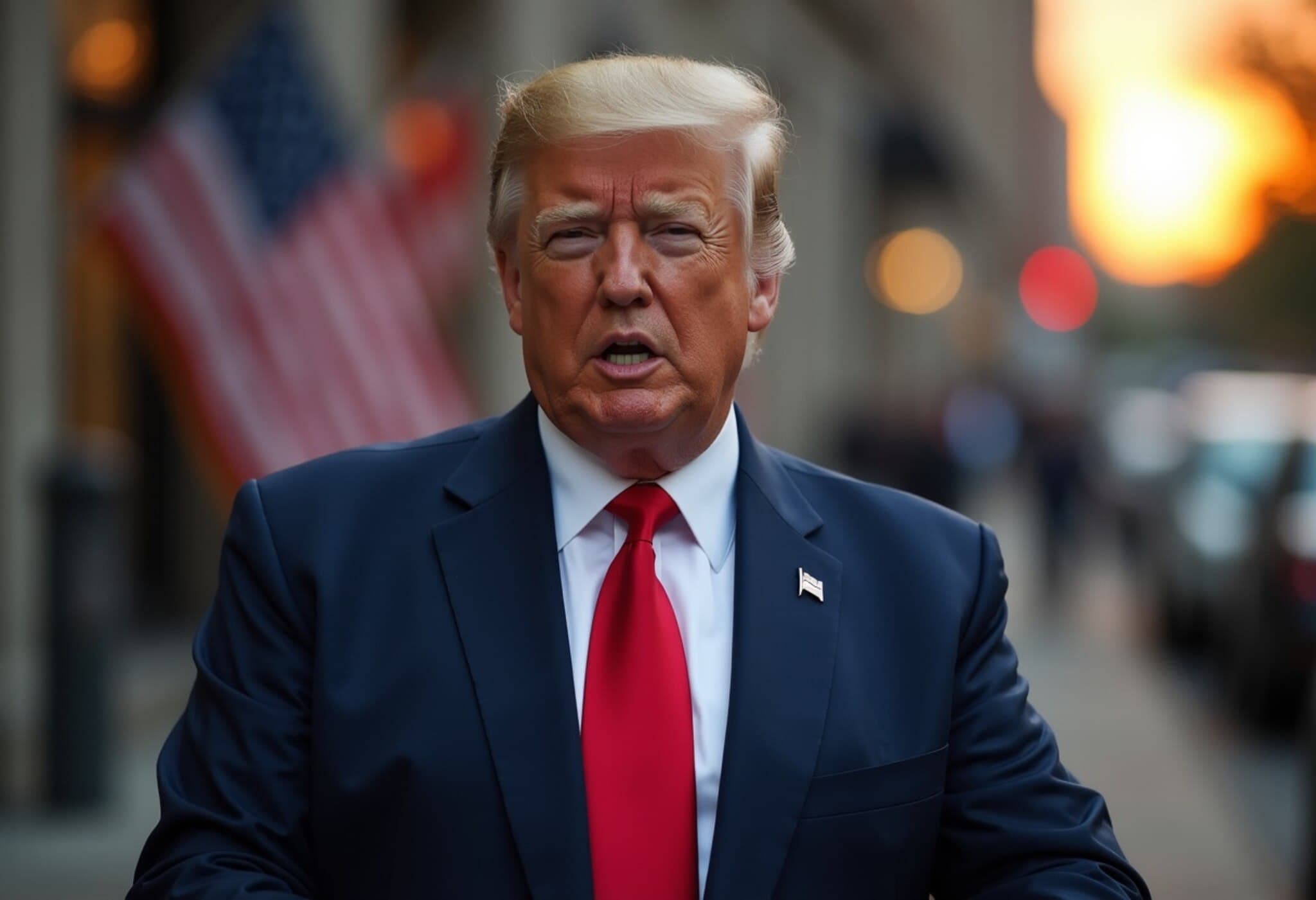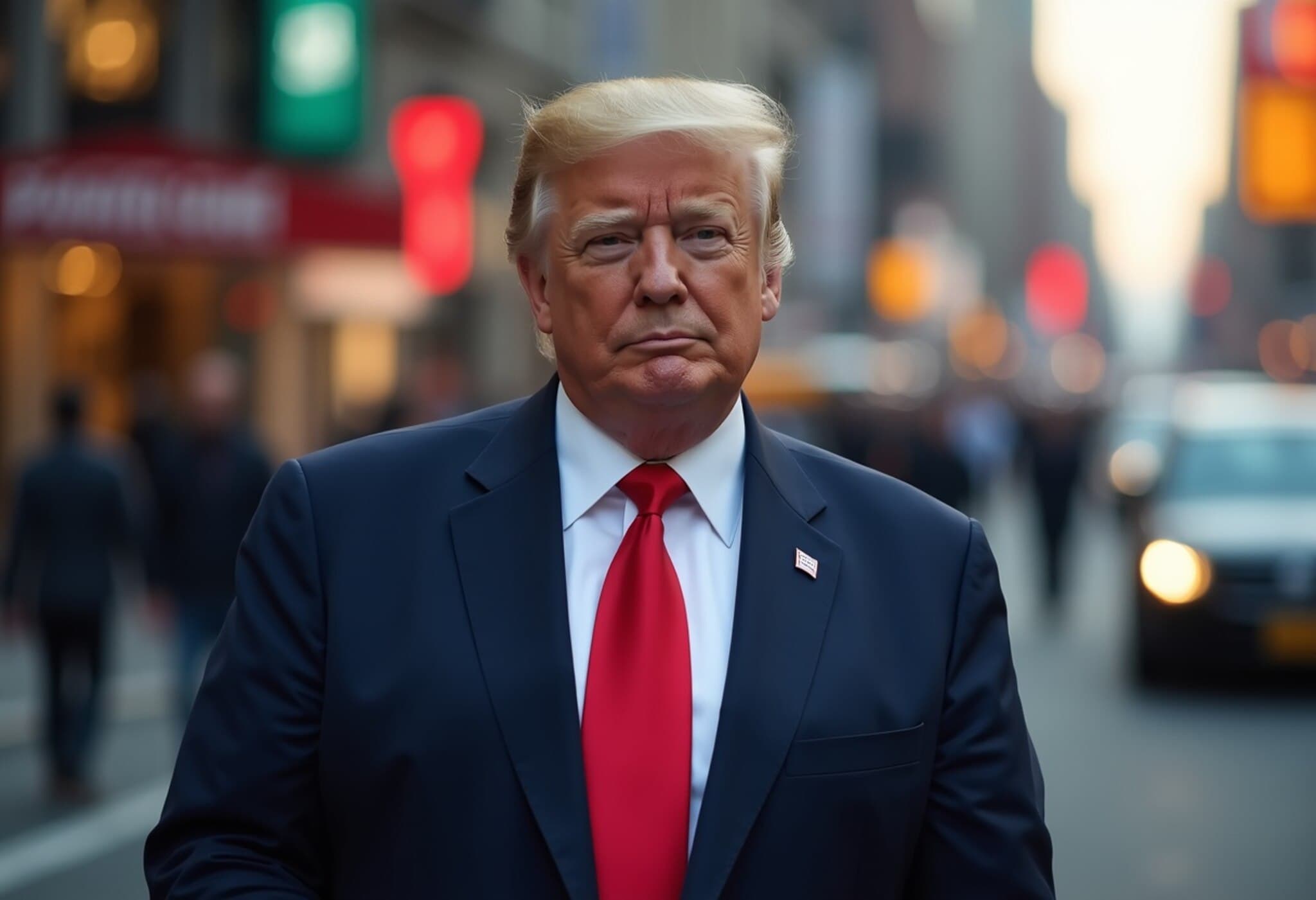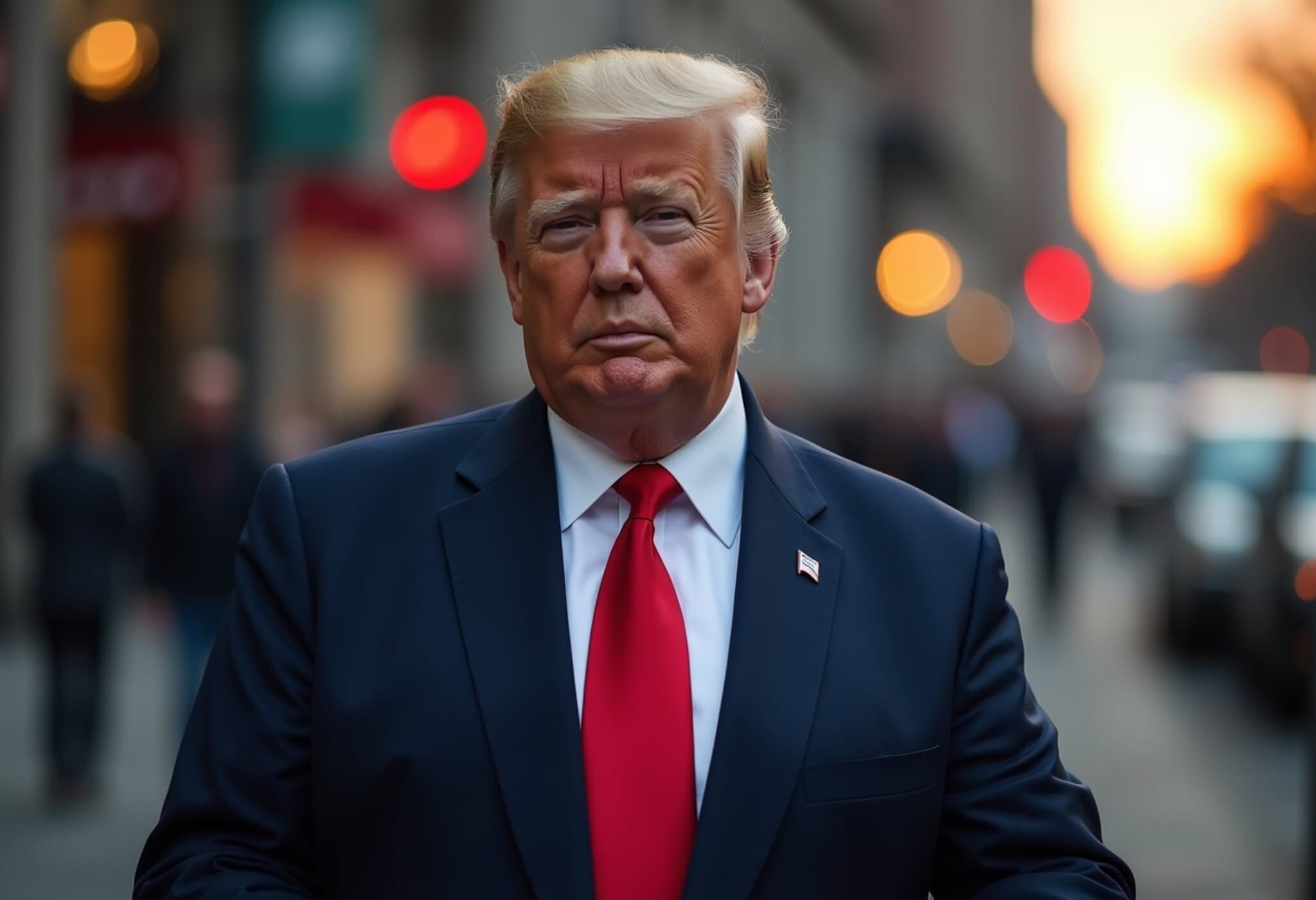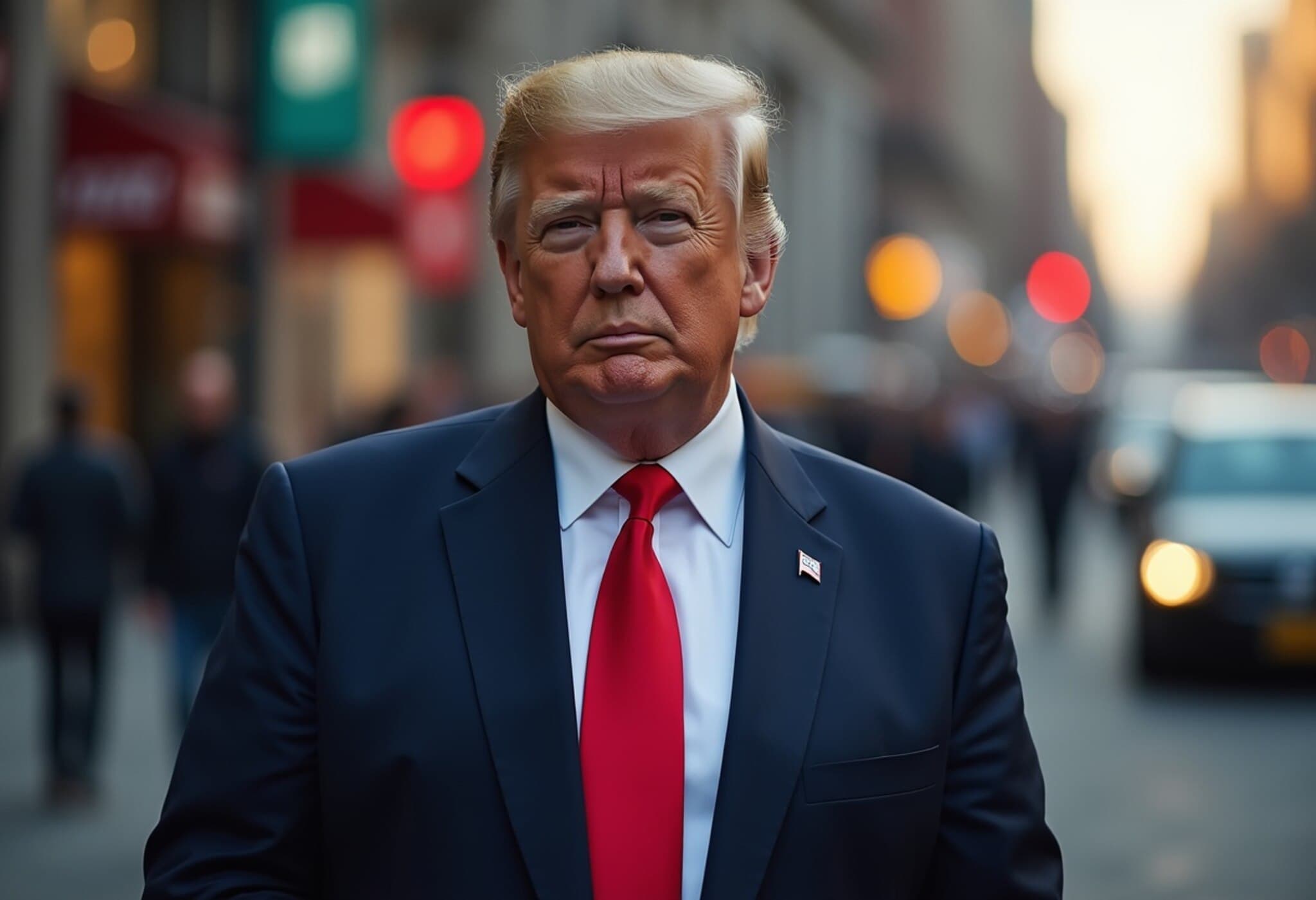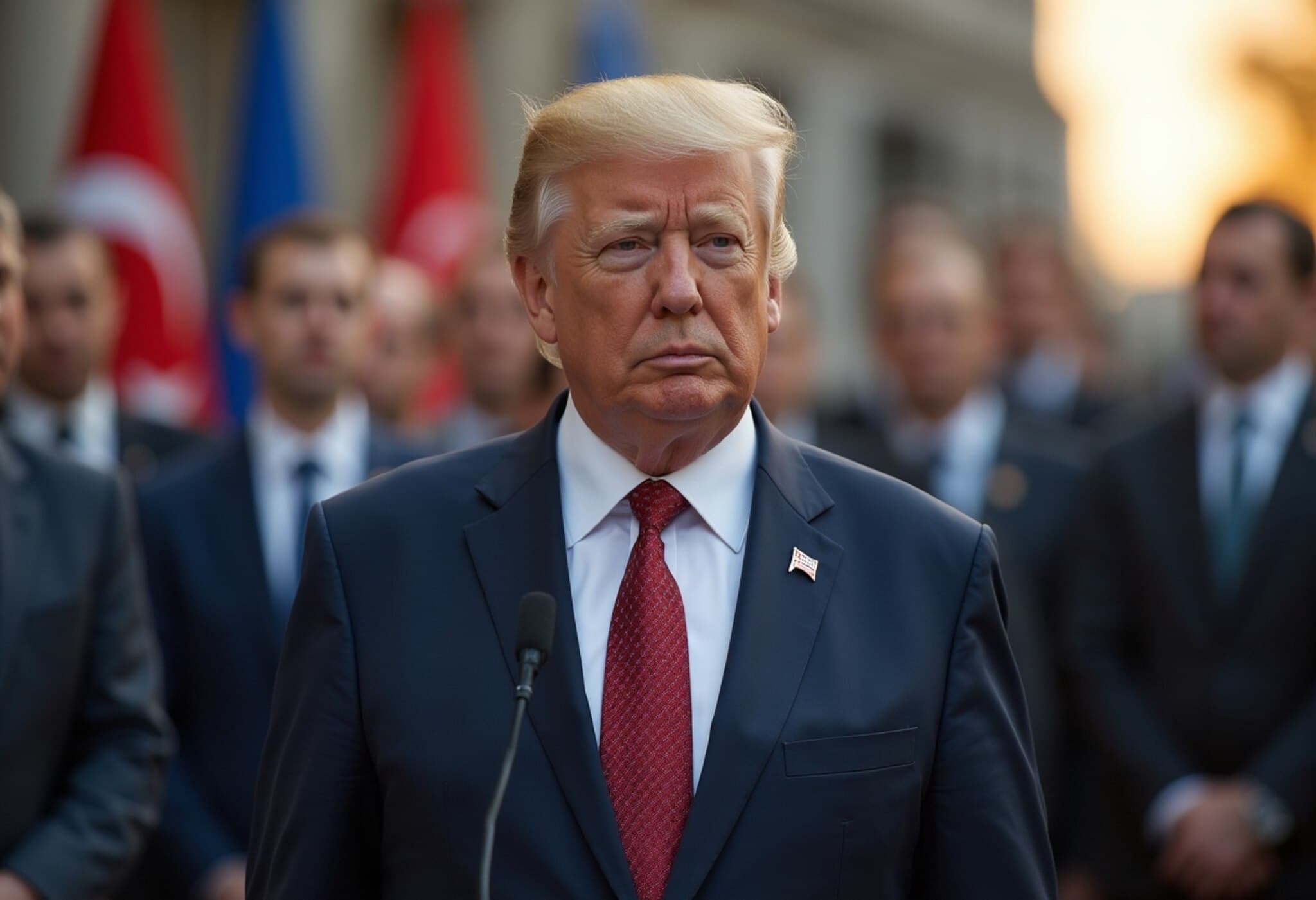US Senator Graham Signals Possible Tariffs on Major Russian Oil Importers
In a recent public statement, Senator Lindsey Graham of South Carolina signaled that former President Donald Trump is contemplating imposing significant economic measures against countries continuing to import oil from Russia. In particular, India, China, and Brazil were identified as primary targets in this potential policy shift aimed at curbing Russia’s ability to finance its ongoing war in Ukraine.
Details of the Proposed Tariff Strategy
Speaking on Fox News, Senator Graham outlined that Trump's plan could involve slapping a 100% tariff on oil-related imports coming from these nations. The rationale behind this aggressive approach is to choke off the substantial revenue streams Moscow derives from crude exports, as India, China, and Brazil reportedly make up nearly 80% of Russia’s oil buyers.
"Trump intends to hold accountable those countries that indirectly bolster Vladimir Putin's war efforts by purchasing Russian oil," Graham emphasized. "It’s a clear message — continued economic engagement with Russia will come at a very high cost."
Geopolitical and Economic Implications
This announcement arrives amid complex global energy dynamics, with many nations balancing their energy security needs against geopolitical pressures stemming from Russia’s invasion of Ukraine. The proposed tariffs could escalate tensions, especially since India and China have previously maintained a more nuanced stance, allowing continued trade despite Western sanctions.
For the United States, this move reflects a broader strategy to isolate Russia economically and militarily. Senator Graham also highlighted ongoing US weapons support to Ukraine as complementary to the economic leverage sought through tariffs.
- India, China, and Brazil: Key players importing Russian crude amidst Western sanctions.
- 100% tariff proposal: Intended to substantially increase costs on goods from these countries to pressure discontinuation of Russian oil purchases.
- Potential economic fallout: Countries targeted may face economic strain, triggering retaliatory actions and complicating global trade.
Senator Graham on Putin and International Obligations
Beyond economic sanctions, Senator Graham condemned Russian President Vladimir Putin's broader geopolitical ambitions, portraying Putin as intent on resurrecting elements of the Soviet imperial order through coercion and territorial aggression.
He cited the example of Ukraine’s disarmament in the 1990s, when it relinquished a massive nuclear arsenal in return for security guarantees from Russia and other global powers — guarantees he claims were blatantly violated by Russia’s recent actions.
"Putin shattered the post-Cold War security framework," Graham argued. "His disregard for international agreements demands robust and sustained responses from the global community."
Expert Analysis: What This Means for Global Energy and Diplomacy
This potential tariff policy spotlights the broader challenges the US faces in enforcing global sanctions. While it sends a strong political message, experts caution about unintended consequences:
- Energy markets may face volatility as India and China seek alternative suppliers or strengthen ties with Russia.
- Diplomatic relations could become further strained with some key global players resisting US-led economic measures.
- Developing nations reliant on affordable energy may suffer economic setbacks, complicating international cooperation on other fronts.
American policymakers are thus tasked with balancing pressure on Russia while maintaining constructive engagement with emerging economies vital to global stability.
Conclusion
Senator Lindsey Graham’s remarks underscore an intensified US strategy to economically isolate Russia by targeting its oil customers. The discourse around imposing steep tariffs on India, China, and Brazil marks a potential escalation in economic warfare aimed at curbing support for Moscow’s military operations.
As the global community watches closely, the unfolding developments will test diplomatic resilience and the intricacies of international trade interconnected with security imperatives.

